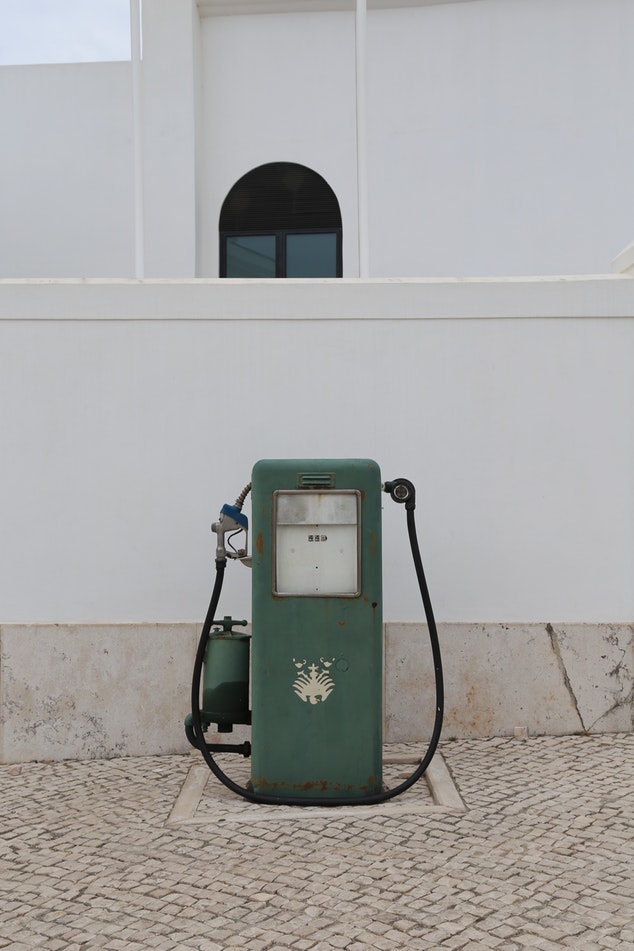The Stockholm startup NextFuel wants to replace fossil fuels with its “CO2-negative” elephant grass pellets. The first factory is located north of Graz. In the background is a cooperation with the Andritz Group.
If the details of the Stockholm startup NextFuel are correct, it has discovered something like the Philosopher’s Stone. Or the egg-laying Wollmilchsau among the fuels, if you will. These are elephant grass pellets, which the company wants nothing less than to replace fossil fuels worldwide. One wants to convince with an impressive set of arguments. The pellets are cheaper than oil and coal, but you could use the existing infrastructure, the production is extremely fast scalable combustion would result in significantly less particulate matter than fossil fuels and above all: NextFuel is “CO2 negative”.
Elephant grass “reversing global warming”
All this is to be made possible by the starting material elephant grass (also Napiergras). The plant can grow about four meters within 100 days. And on surfaces that are unsuitable for food cultivation. “The grass absorbs large amounts of CO2, which it partially stores in its roots underground,” explains co-founder and CEO Stefano Romano to the blog edie.net.
As only the above-ground part of the plant is processed for the pellets, the incineration process will ultimately produce less CO2 than is absorbed during growth – making the whole process CO2-negative. By using the fuel, one can “reverse global warming”.
Replacement for coal, oil, gas and wood
The production of the pellets in the reactor developed by the startup should take just 30 minutes. The resulting exhaust gases can also be used to generate energy. In addition, other biomass substances, such as waste products from sugar cane production, can be processed in the reactor.
Wherever hard coal is used today, the existing infrastructure can be used directly for NextFuel pellets. Systems that run on fuel oil, could be relatively easily adapted, it is called by the startup. The modifications would pay for themselves within about three years. But you also want to replace natural gas, as well as charcoal and wood pellets, which you want to counteract deforestation.
Austrian co-founder and Andritz as investor
In the genesis of the Stockholm startup and also in its rollout Austria plays a not insignificant role. The Viennese biomass expert Michael Wild is one of the inventors of processing technology. With CTO Wolfgang Moser, one of the four co-founders is Austrian, who also acts as managing director of a Viennese subsidiary of the startup.
The ATX Group Andritz, based in Graz, is the investor and most important technology partner. There is also cooperation with the Austrian biomass company Polytechnik.
First NextFuel factory north of Graz
The first pilot factory of NextFuel is located in the village of Laas near Frohnleiten, north of Graz. By the end of 2019, two major projects in East Africa and South America are to be completed, according to the startup. The technology will be officially presented at the UN Climate Conference COP24 tomorrow in Katowice, Poland.

